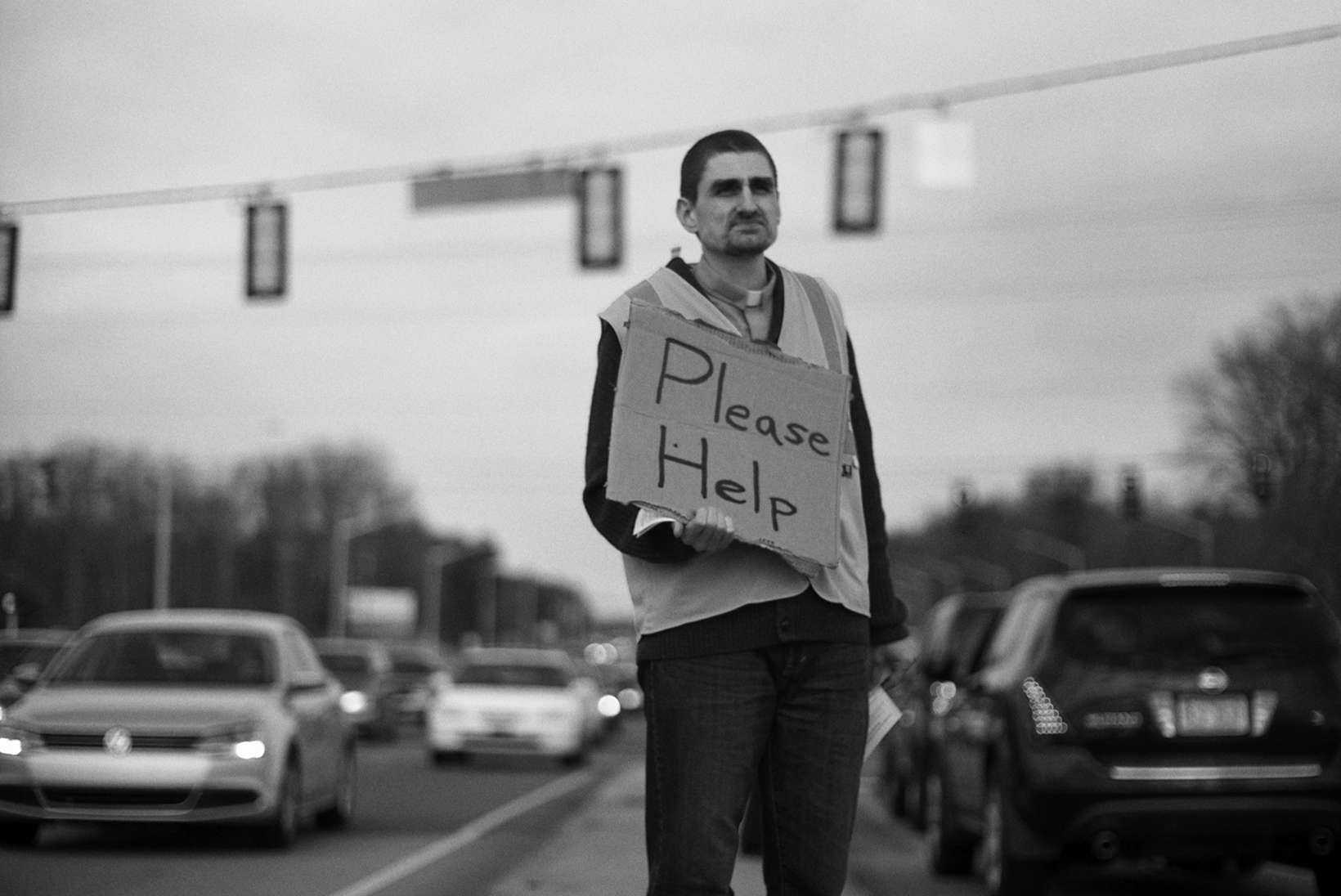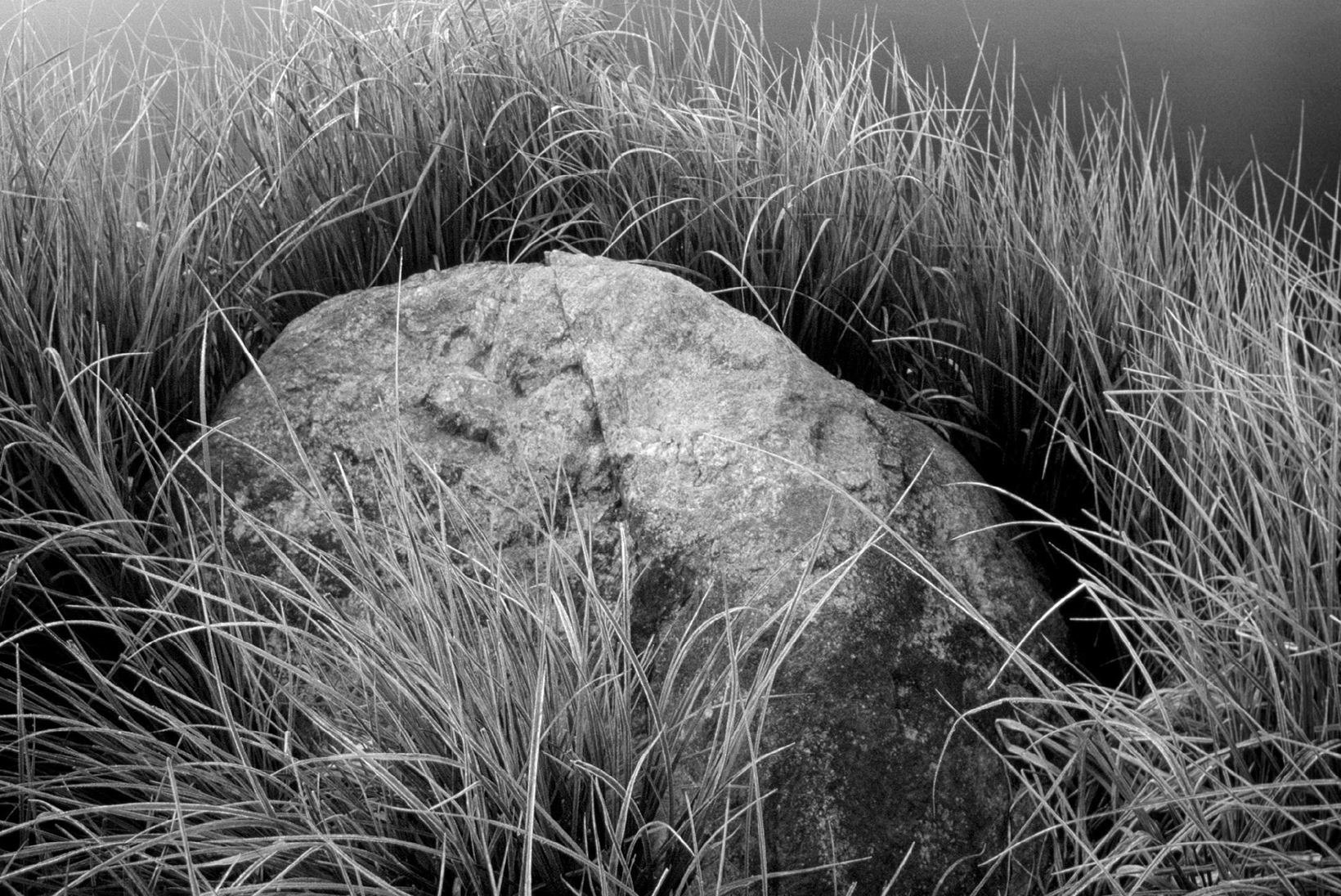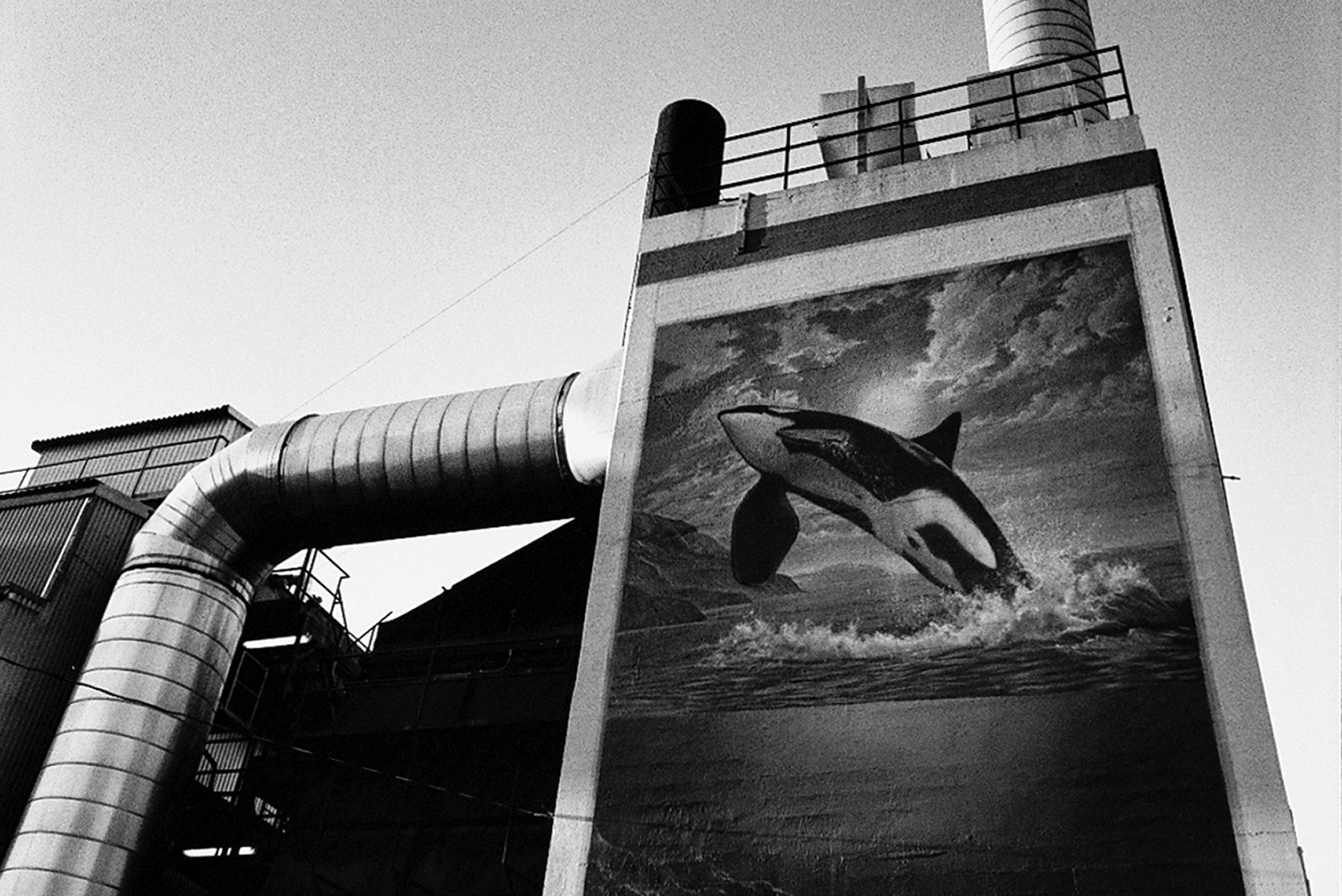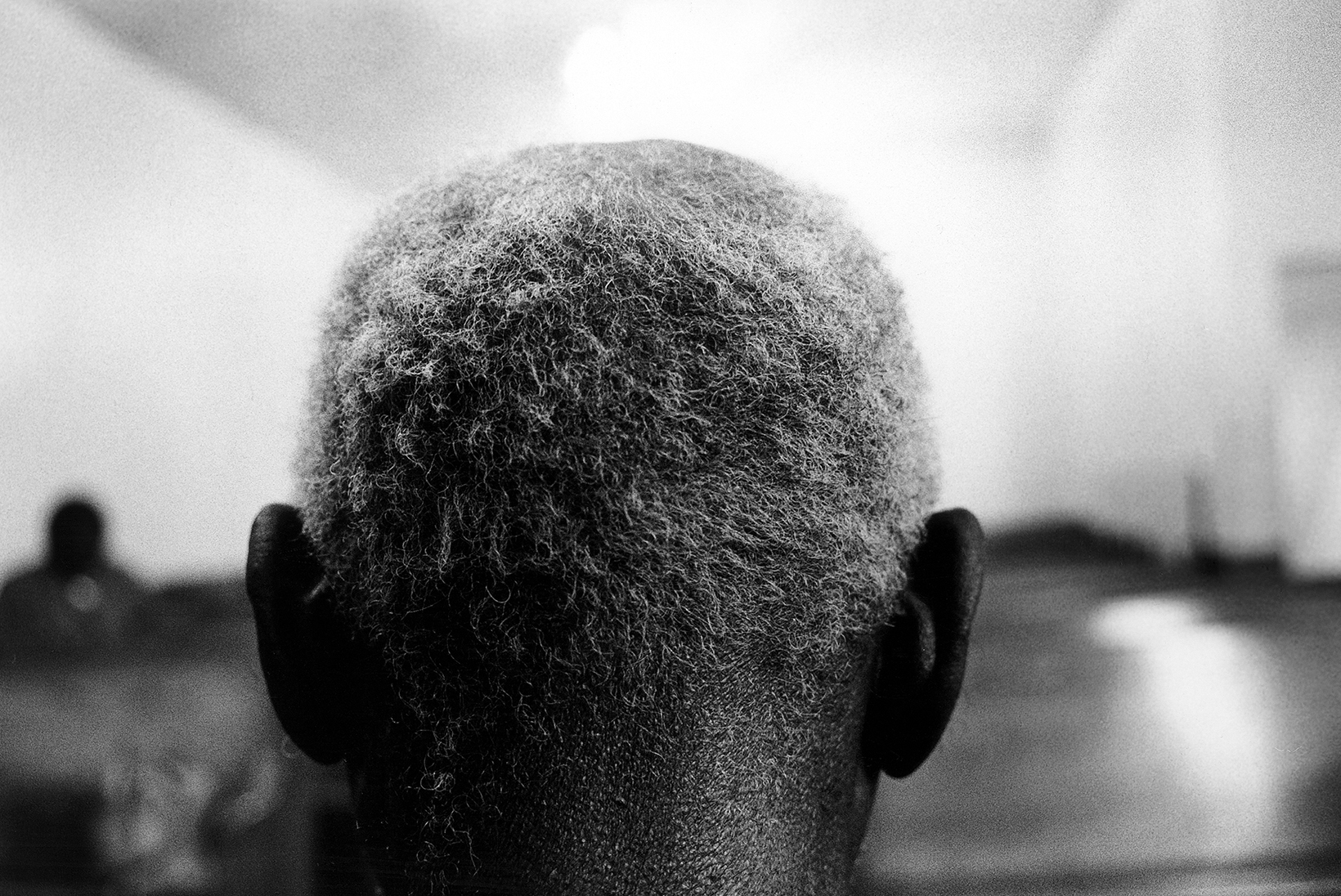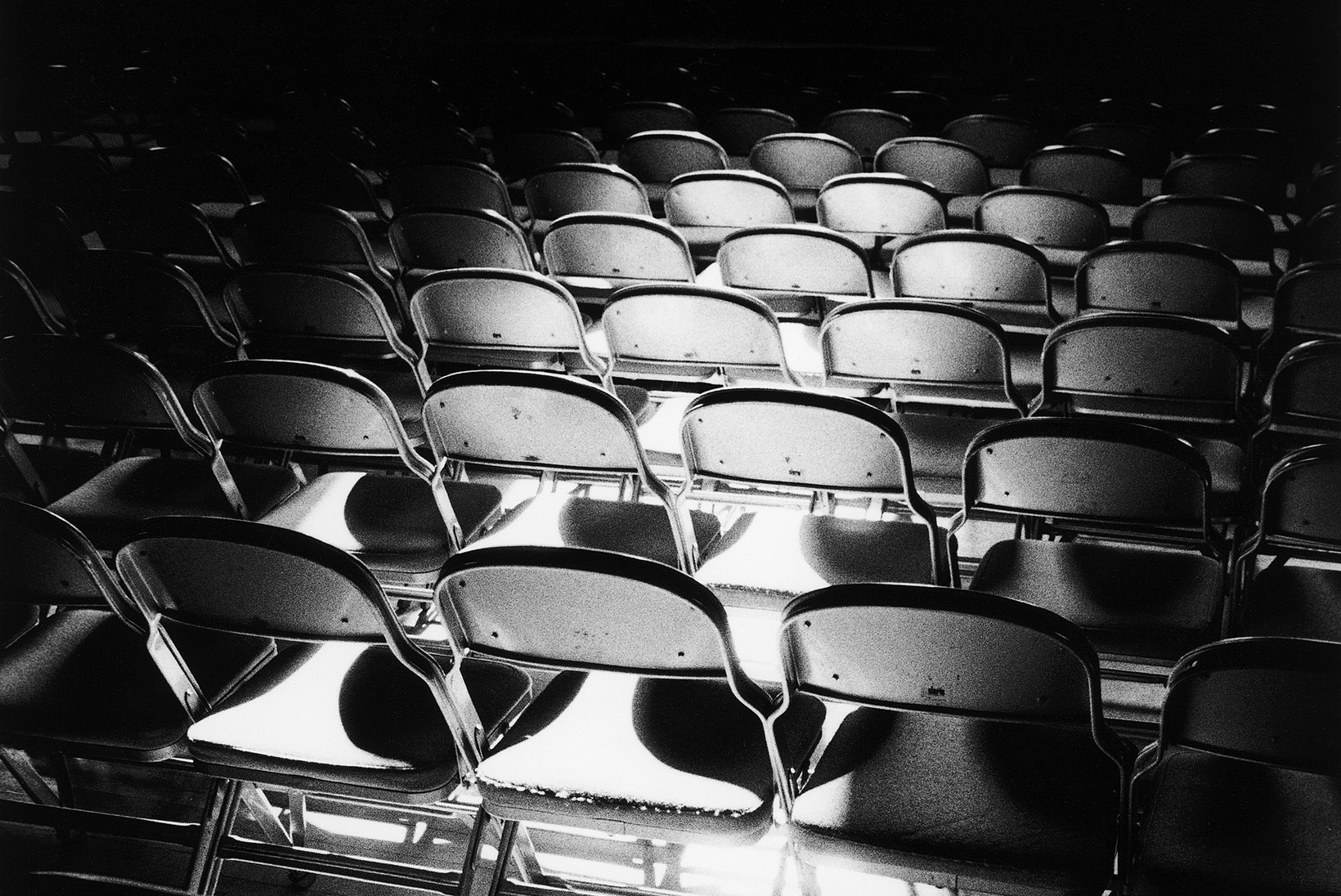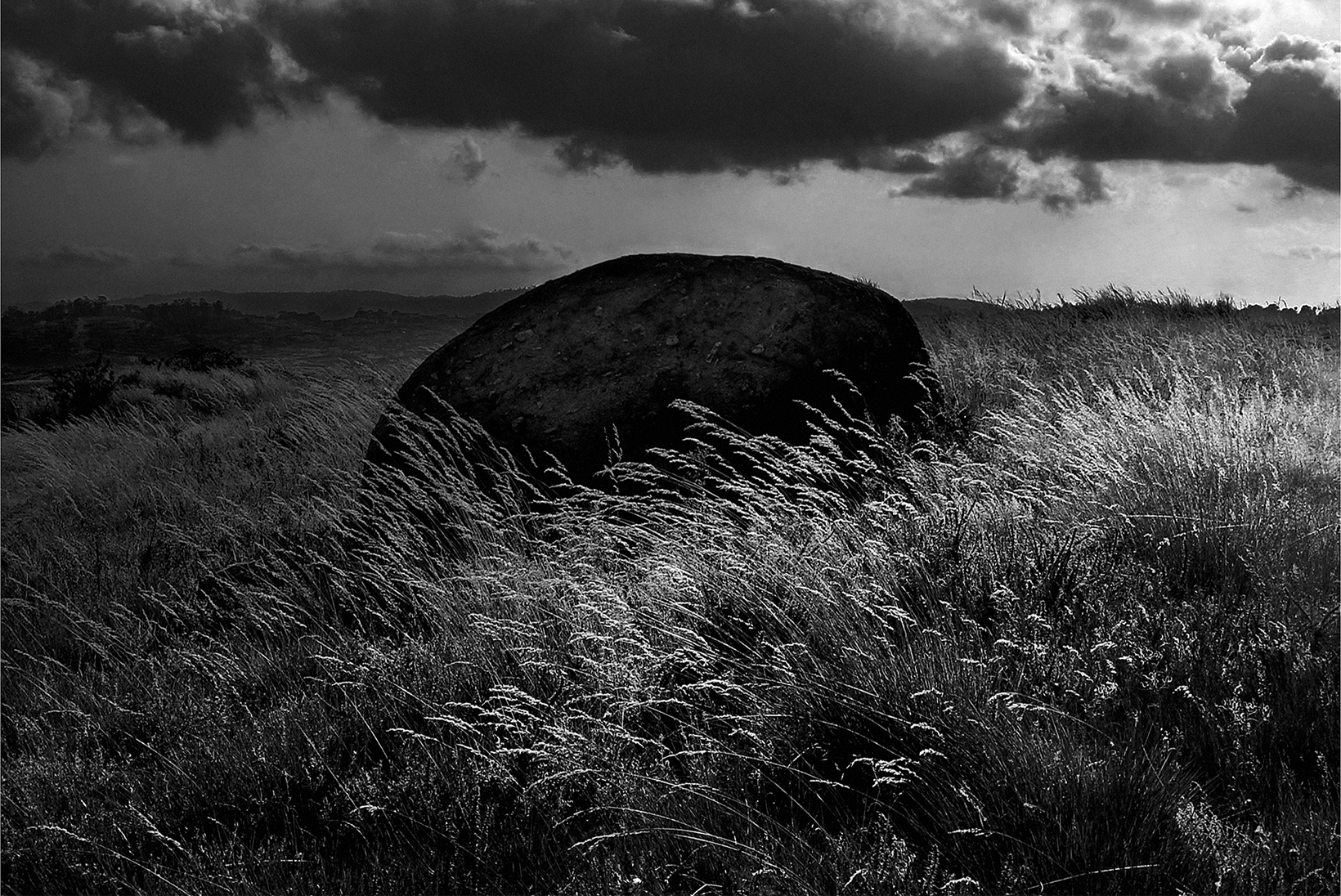Featured Selections
From the Archives
Love Thy Neighbor
Jonathan Wilson-Hartgrove On Race, Faith, And Resistance
Most black evangelicals didn’t vote for him. Most Latino evangelicals didn’t vote for him. But 81 percent of white evangelicals voted for Donald Trump.
September 2017Reflections Of A Ninety-Three-Year-Old Revolutionary
An Interview With Hazel Wolf
If I’d known as a child what I know now, I’d have become an environmentalist on the spot. I guess you could say that my childhood dreams led me first to help people in their individual environments — housing and health care, and things like that. But I ended up working to save our natural home.
September 1991Table For Six Billion, Please
Judy Wicks On Her Plan To Change The World, One Restaurant At A Time
You hear more lately about the concept of “food miles” — how far food travels to get to your plate. To most people fewer food miles just means that it’s fresher, but others are starting to make the connection to carbon emissions, though I don’t think that’s the primary reason people buy local. I think the local-food movement is more concerned with nutrition and community connection: people want to meet the farmers who grow their food, and they know that local food tastes better and is healthier and more nutritious.
August 2008Weapons In The War For Human Kindness
Why David Budbill Sits On A Mountaintop And Writes Poems
Leading up to the war, I doubted the value of anything but antiwar poetry. I thought all my nature poems were . . . well, stupid. But the moment the antiwar movement failed and the bombing began, I knew how important poems about birds and trees and loneliness and sex and food and joy were. I knew those little poems were weapons in the war for human kindness.
March 2004Risky Business
Peter Sandman On Corporate Misbehavior And Public Outrage
I tend to be more passionate about the process of communication than about the outcome. I’m interested in people listening better and talking more and wanting to understand each other’s point of view. I try to eliminate the things that get in the way of that. And it’s a Sisyphean task, because industry people and activists aren’t really talking to each other; they’re doing theater with each other. Whichever side I am working for, I try to find a way for both sides to listen better.
December 2003Hope Dies Last
Studs Terkel’s Enduring Conversation With America
I’m known as an oral historian, but I still consider myself a disc jockey. I’d play all these records: Andrés Segovia, followed by Ravi Shankar, then Dizzy Gillespie. And I’d interview musicians. Andrés Segovia told me this story: There was an audience of five thousand in Ann Arbor to hear him, one old man — I call him “old”; I’m ninety-three, and he was eighty at the time — with a guitar, a classical guitar, delicate, and they leaned over listening as he played a Bach transcription. After the performance, one of his admirers came up to him and said, “It was wonderful, but you play so softly. I had to lean forward and listen so hard.” “You know what I did next time?” Segovia said to me. “I played even more softly, so that he listened even more.”
November 2006The Temple Of Reason
Sam Harris On How Religion Puts The World At Risk
If I could wave a magic wand and get rid of either rape or religion, I would not hesitate to get rid of religion. I think more people are dying as a result of our religious myths than as a result of any other ideology. I would not say that all human conflict is born of religion or religious differences, but for the human community to be fractured on the basis of religious doctrines that are fundamentally incompatible, in an age when nuclear weapons are proliferating, is a terrifying scenario. I think we do the world a disservice when we suggest that religions are generally benign and not fundamentally divisive.
September 2006Victory
In their letter to the weekly newspaper, the Klan hadn’t said what time they planned to arrive, just that on the anniversary of Martin Luther King’s assassination they would be in Churchill passing out literature and demonstrating. When I called around town to find out what people were planning to do about it, the consensus in the white community was that we should ignore them.
April 1993Quiet, Please
Gordon Hempton On The Search For Silence In A Noisy World
Certainly people have their preferences regarding music and other sounds they like to listen to, but I do believe there is an “ideal” soundscape, and I’ve given it a name: “sonesia.” It includes the sounds of wildlife, such as songbirds. It includes the gentle sound of insects and the sound of distant water. (Up close, rushing water can mask the other sonic elements of the environment.) All of these sounds are indicative of grassland, a savannah. That’s where humans evolved, along with songbirds, which are the best indicator of an environment’s suitability for human prosperity: where songbirds live, there is also sufficient food for humans.
September 2010